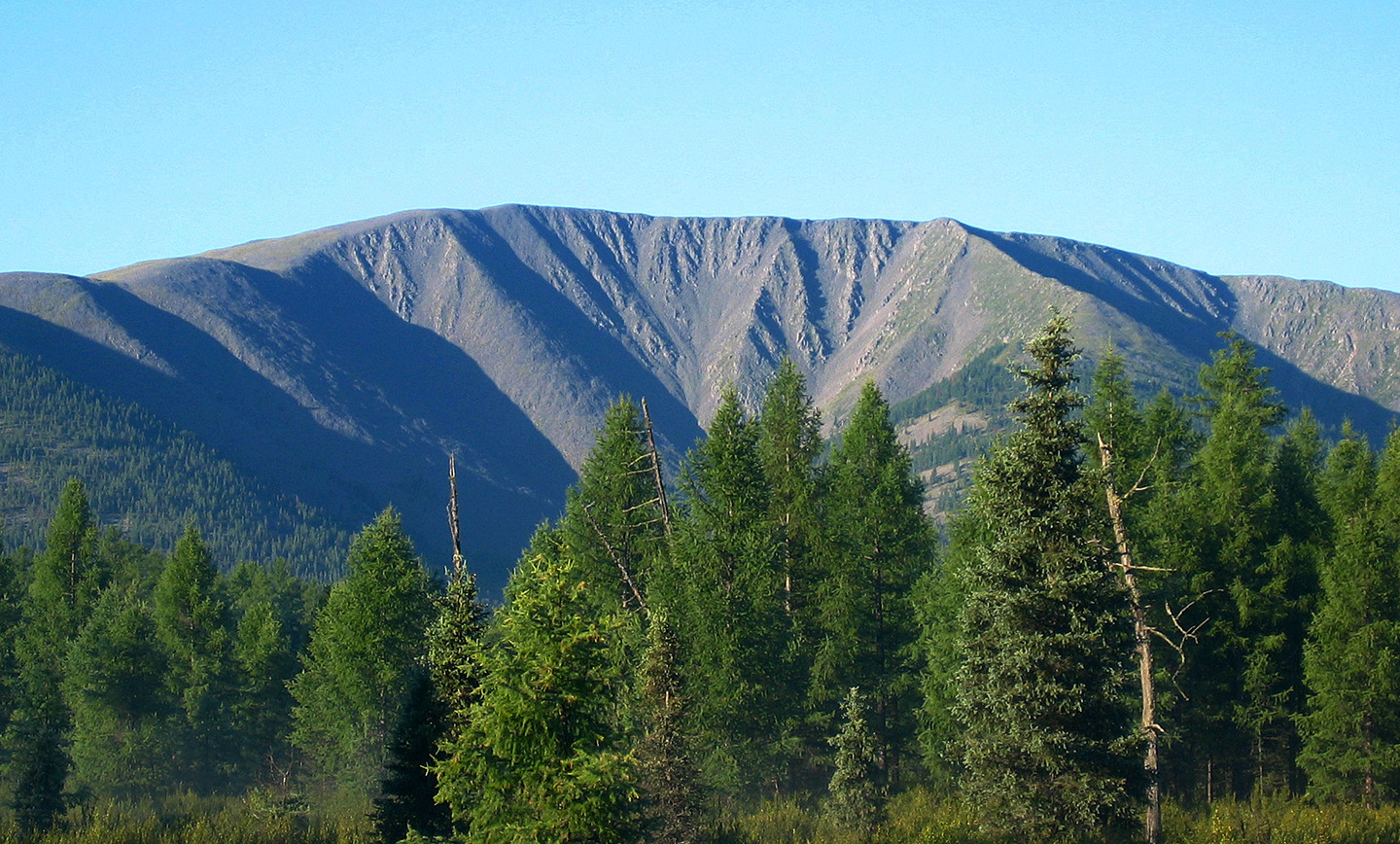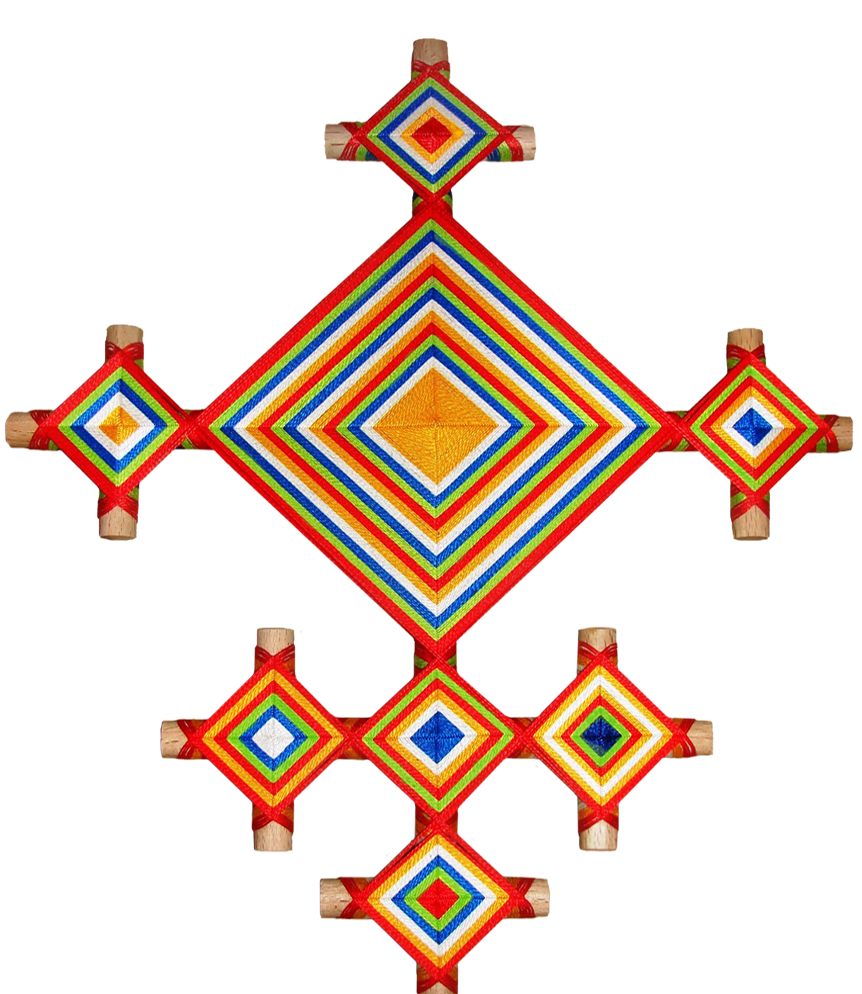
Part 1 – Bitter and Alone
1242
The old man stumbled slowly up the mountain, stumbling with each step in a way that his younger self could never have imagined. Few would dare advice against him doing so, yet all below held such council in their hearts. He did not begrudge them this. In truth, he knew that it was foolhardy, and yet he was perhaps beyond caring what could happen to him. If this was his last time journeying up his childhood friend, nothing was going to stop him.
Reaching his most sacred site, he knelt down, looked to the eternal blue sky and wept. He needed not chant, or speak directly to the mountain. For he was known to all the world, and far less sacred lands had born witness to his great sorrows.
What cursed a man am I to lose all my sons so?
He finally stopped weeping. Not for lack of feeling, but only because he had offered all his water to the holy mountain. His last and true companion.
The wind rustled through the lower trees and he felt the soothing presence of the father above. It helped calm his thoughts.
Four heirs had he produced. His two eldest had a fire perhaps greater than his own, though neither was intended his primary heir. His eldest son was perhaps the most skilled warrior of his brood, yet had also died the earliest. He had held a feud with his eldest that had never healed before the end. The grief was such that the old man had almost died due to a lack of focus in a fight against the Xia. Perhaps it would have been a kinder fate…
His second eldest also held a great fire, being a great conqueror in his own right. After the death of his third son, the second eldest was also meant to be his heir before his life too was stolen too soon.
The third son was his first heir. Although he did not hold the fire of the first two, he perhaps understood a secret truth that the old man too had understood. That war meant nothing without good administration, that conquest meant nothing without the balanced peace. But as full of wisdom as his first heir was, he was weaker than the rest in the cause of his doom. Although his fourth son had sacrificed himself to save him, his first heir drank himself to death and threw his life away. The old man never drank again after that, and few would drink around him outside of ritual cause.
Finally his fourth son. Perhaps the noblest of his sons, he had also produced the most grandchildren. If only he had not given his life to save his worthless heir… but such thoughts were not worth having.
The official reason for his ascending the mountain was to choose his heir. Though thinking on his fate, to outlive all of his sons with such clarity brought him to rage. He raged even against the sky and the mountain.
“What cause have you for sending such pain to one such as myself?” he spoke defiantly to the sky, shaking his fist with a vigour reminiscent of his prime.
“I who brought peace in your lands. I who brought the tribes together. I who bowed to thee, and held your words in the face of a thousand paths.”
Swept up in anger, he began to raise his voice and yell in a manner impressive for a man of 85.
“I who brought low my blood brother for the sake of harmony, I the master of the world! What cause have you to bring so much yet to take so much away?”
The old man listened. For the first time, he felt a lack of presence from his old friend. The wind had calmed down and he felt alone. He sat still for a while. His rage left him, being replaced by another wave of sadness and guilt for disrespecting his holy father. He continued in this pattern until the moon had fallen below the earth, and the sun was soon to rise.
BAAAAAAW*
The old man turned around with shock, the early morning light giving his tired old eyes just enough vision to see. Above him in the sky he beheld a great golden eagle. It was diving rapidly from the nearest peak, a small black silhouette falling down with it, directly above his head.
What turned out to be an egg, crashed onto the old man’s hat, the yolk dropping down slowly in front of his sight. The sun rose up from the distant mountain peaks, the yolk filled with light as he watched the great eagle fly away, the calamity that had previously stirred him so being no longer visible in the behaviour of the bird.
In earlier years, he would have consulted a shaman to interpret this sign from the heavens. Yet he was now the eldest and most wise of the shaman to survive beneath the eternal blue sky. In meditation, he reflected upon the bird. What noble a creature, to lose its child and move on with grace, climbing to the heaven.
Perhaps he had spent too much time amongst the cattle people, but he was reminded of the southern peoples. In particular, he was reminded of a rumour amongst the common people that he was the descendent of Keturah, bride to Abraham, chosen amongst all who lived in those ancient days to be God’s prophet. In this story, the great Abraham had given his only son to die, returning down to the people with the news that God had chosen not to take the son… that it was a test.
What if there was no test? What if they were wrong?
Genghis Khan had much to think about.
Last edited:



